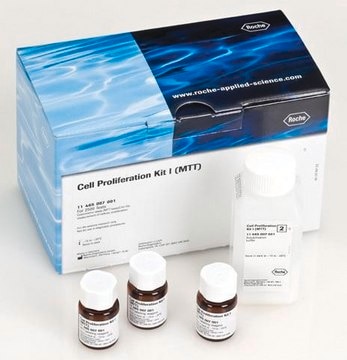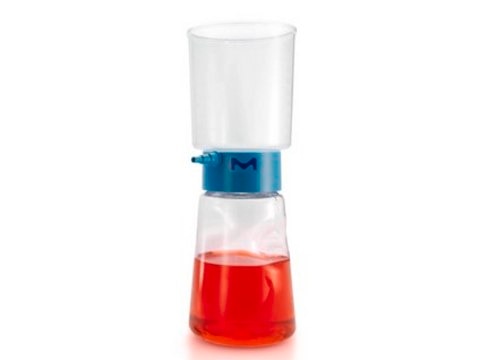MAB1618-AF488
Anti-Dynein Antibody, IC, cytosolic, clone 74.1, Alexa Fluor™ 488 Conjugate
clone 74.1, from mouse, ALEXA FLUOR™ 488
Synonym(s):
Cytoplasmic dynein 1 intermediate chain 1, Cytoplasmic dynein intermediate chain 1, Dynein intermediate chain 1, cytosolic, DH IC-1, Cytoplasmic dynein 1 intermediate chain 2, Cytoplasmic dynein intermediate chain 2, Dynein intermediate chain 2, cytosoli
About This Item
Recommended Products
biological source
mouse
Quality Level
conjugate
ALEXA FLUOR™ 488
antibody form
purified antibody
antibody product type
primary antibodies
clone
74.1, monoclonal
species reactivity
rat, Xenopus, fish, bovine, sheep, mouse, Drosophila, human
technique(s)
immunocytochemistry: suitable
isotype
IgG2b
NCBI accession no.
shipped in
wet ice
target post-translational modification
unmodified
Gene Information
human ... DYNC1I1(1780)
General description
Specificity
Application
The unconjugated antibody (Cat. No. MAB1618) is shown to be suitable also for Western blotting, immunocytochemistry, immunofluorescence, and immunoprecipitation applications.
Quality
Immunocytochemistry Analysis: A 1:100 dilution of this antibody detected cytosolic dynein intermediate chains in HeLa cells.
Target description
Other Notes
Legal Information
Not finding the right product?
Try our Product Selector Tool.
wgk_germany
WGK 2
flash_point_f
Not applicable
flash_point_c
Not applicable
Certificates of Analysis (COA)
Search for Certificates of Analysis (COA) by entering the products Lot/Batch Number. Lot and Batch Numbers can be found on a product’s label following the words ‘Lot’ or ‘Batch’.
Already Own This Product?
Find documentation for the products that you have recently purchased in the Document Library.
Our team of scientists has experience in all areas of research including Life Science, Material Science, Chemical Synthesis, Chromatography, Analytical and many others.
Contact Technical Service






